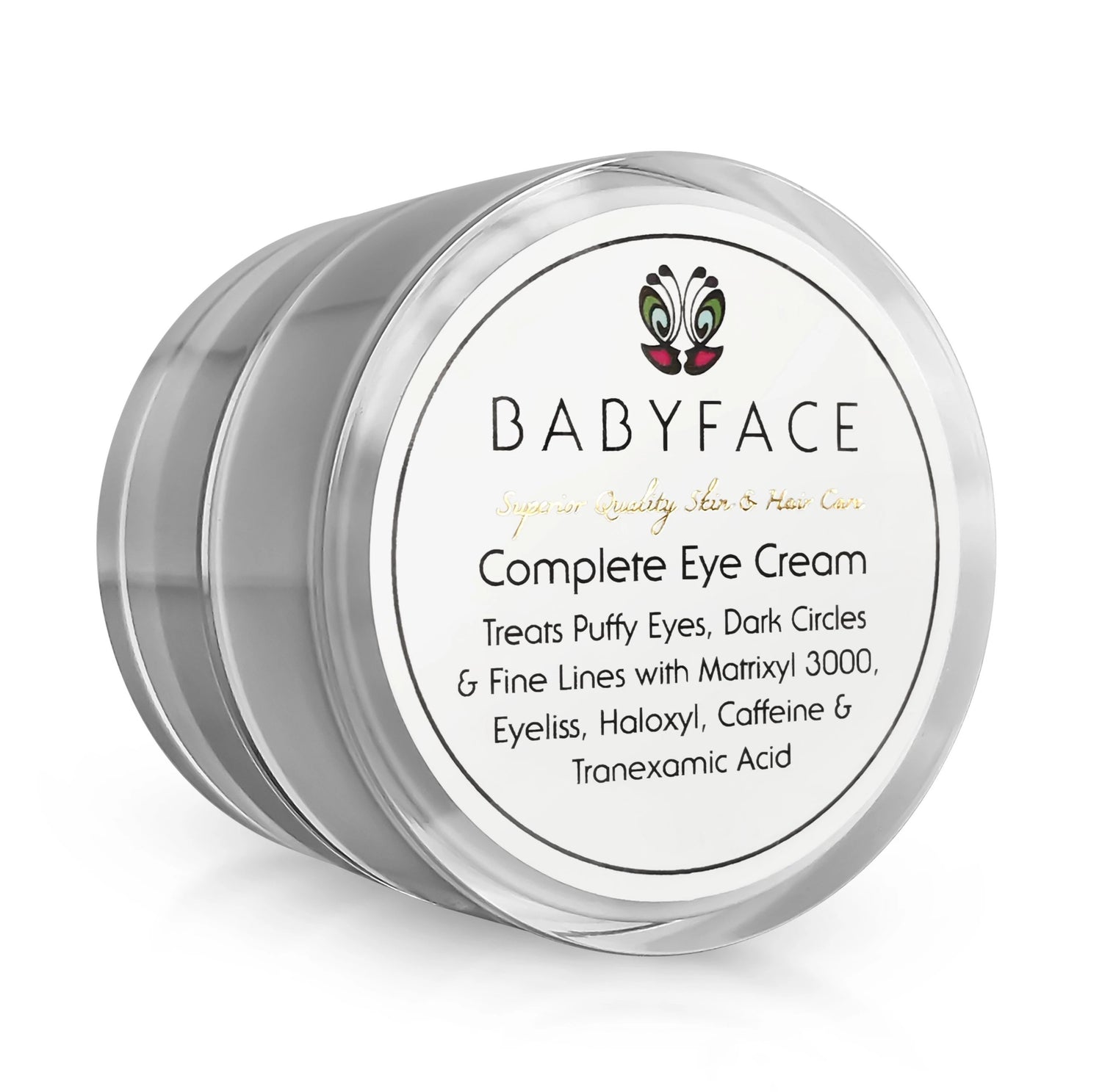Hair Porosity: All Your Questions Answered
Giorgia G.Share

Is there a topic more confusing than hair porosity?
No one quite knows what it is and yet it can make all the difference when it comes to choosing the right hair care products.
If you’ve been wondering why your conditioner isn’t working or how you can finally fix your cuticles, read on.
This short guide has the answers to all your hair porosity questions (finally!):
What Is Hair Porosity?
Hair porosity measures your hair ability to absorb and hold moisture. That’s determined by the state of your cuticles:
- Low porosity: each strand of hair has a tightly bound cuticle layer, making it hard for moisture (including from conditioners) to penetrate it.
- Normal porosity: your cuticles are whole and not bound too tight, letting in just the right amount of moisture.
- High porosity: your cuticles have gaps and holes, making it easy for moisture to get in and out.
What Causes Hair Porosity?
Hair porosity is usually genetics. But there are many factors that can affect it.
Harsh chemical treatments like dying and perming, heating tools like curling and straightening irons and extremely hot or cold weather conditions can all damage the cuticles, leading to high porosity.
How Can You Find Out Your Hair Porosity Type?
The fastest way to find your hair porosity time is to do the Water Test. Take a single hair, remove all the excess sebum and drop it into a glass of water. Wait ten minutes and see what happens:
- If it floats, you have low porosity hair.
- If it sinks quickly, you have high porosity hair.
- If it’s halfway in the middle, you have normal porosity hair.
Can High Porosity Be Fixed?
Sorry to be the bearer of bad news, but once the cuticle’s damaged, it’s damaged. Nothing can fix it and make it whole again.
But, not all hope is lost. The patch of broken cuticle can’t grow back, but you can put a bandaid on it.
Professional hair protein treatments can fill in the holes in the cuticles, making your hair look and behave like it’s naturally healthy and strong. For high porosity hair, a hair protein treatment is a must.
Can You Close Hair Cuticles?
A quick Google search turns out different ways to close those pesky hair cuticles.
“Finish off hair washing with a blast of cold water!”
“No, wash your hair with apple cider vinegar. It’ll seal the cuticles in a jiffy.”
Who’s right? No one. No matter what you use, you can’t close cuticles.
Cuticles aren’t doors you can open and close at will. Cuticles are just not meant to be opened, full stop.
If your cuticles are open, it means they’re damaged. Remember what I just told you about cuticle damage? You can’t fix it. Just patch it up. With proteins. Not water or ACV.
Can You Prevent Hair Cuticles From Rising?
Cuticles don’t open and close. But they rise and swell. Here’s what I mean…
Let’s say you’re washing your hair in the shower. If your cuticles are damaged, your hair absorbs way too much water, making the cuticles swell up. As the hair dries, moisture evaporates and your cuticles go back to normal.
This process causes hygral fatigue. It sounds bad because it is bad. Overtime, all this swelling up and down puts too much pressure on your hair, damaging the cuticle even more. Think of it like stretching a rubber band. Over time, it starts to weaken, and split.
You can’t completely prevent it, but you can reduce it so as to avoid most of the damage. Here’s how:
- Pre-wash with argan oil: coating your hair with argan oil before shampooing creates a barrier that prevents too much water from getting in.
- Use a conditioning shampoo: shampoos enriched with silicones work like argan oil and keep excess moisture out of your locks. That's right, silicones are not always the enemy, but rather the hero.
I hope this quick guide answered all your questions about hair porosity. If you have any more questions, leave them in the comments below so I can address them in a future post.
